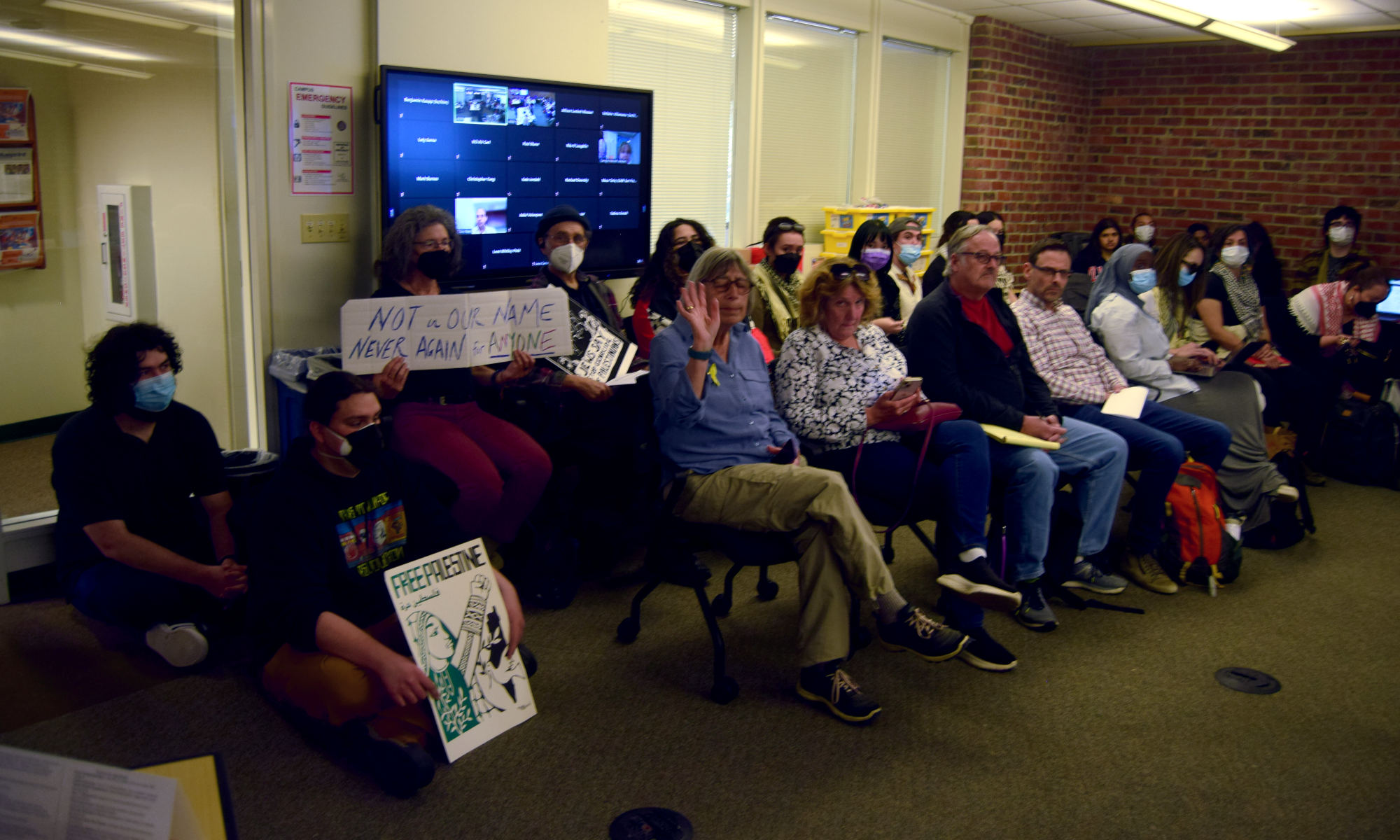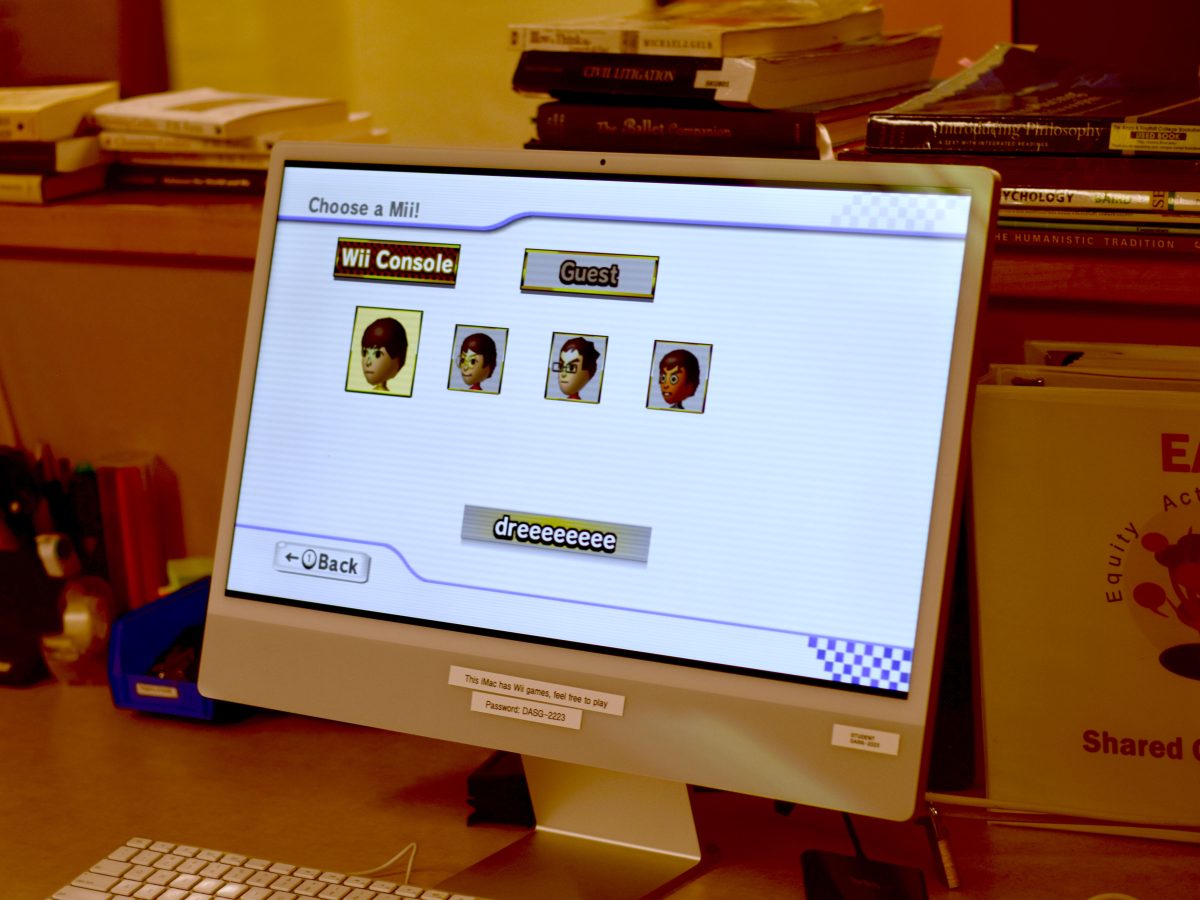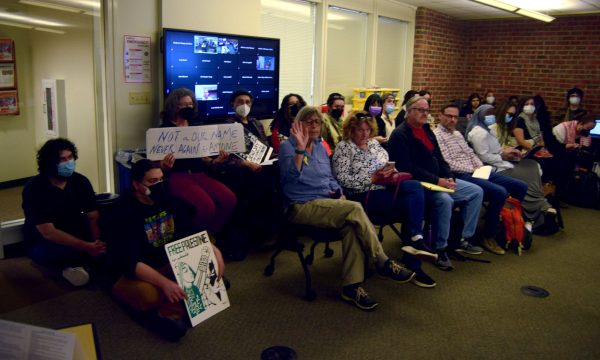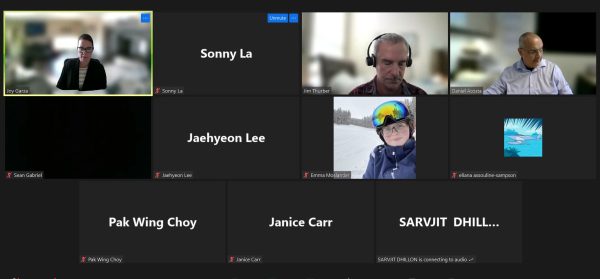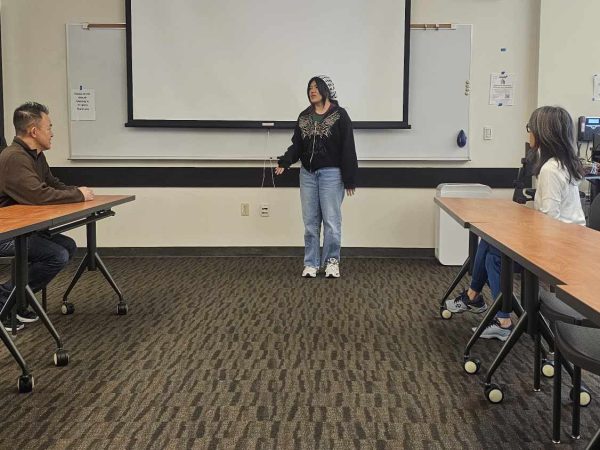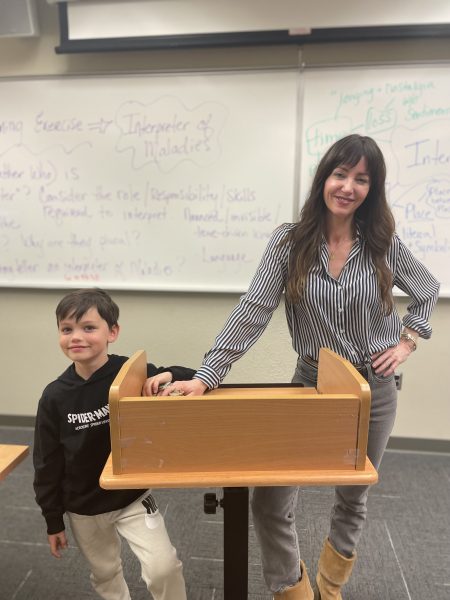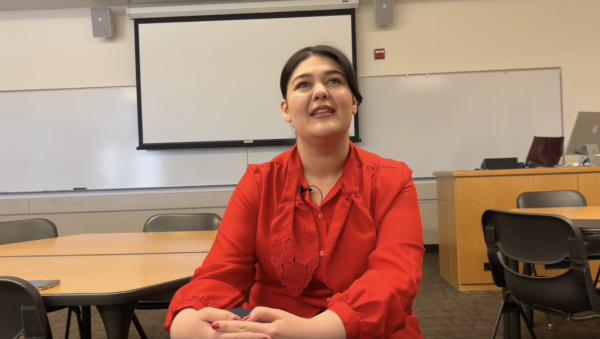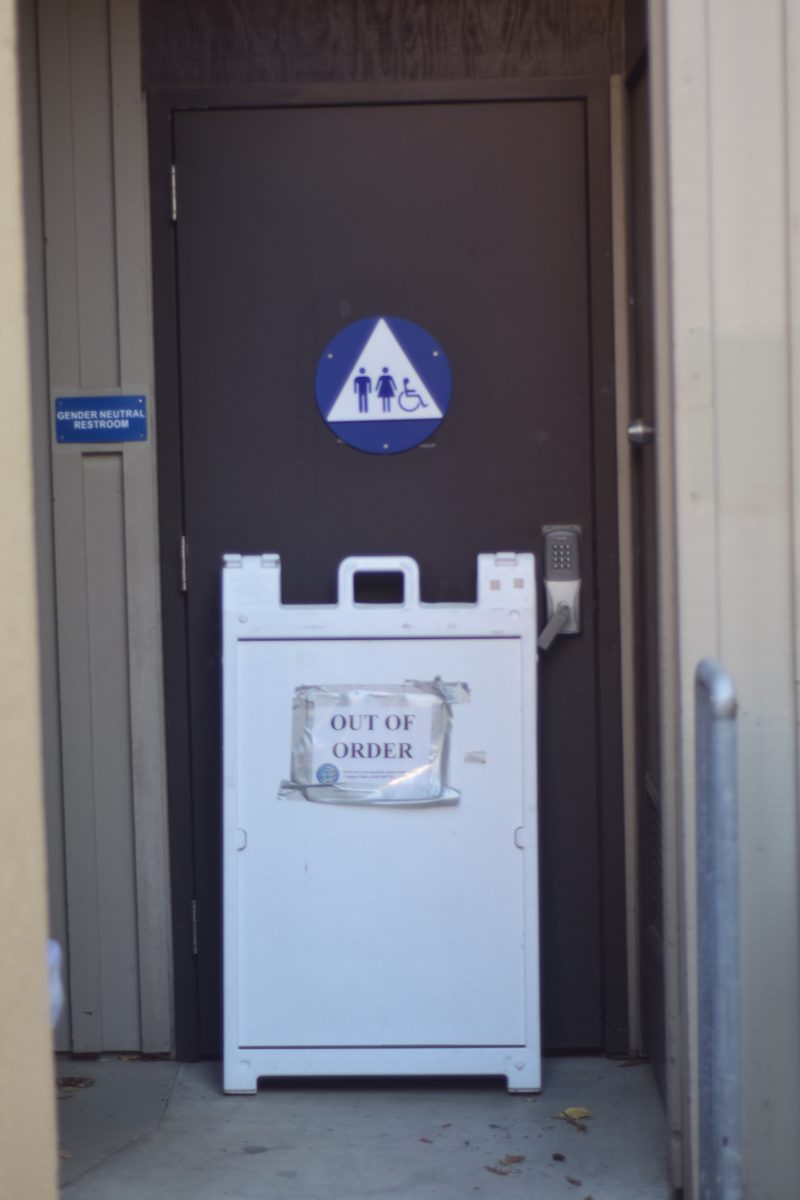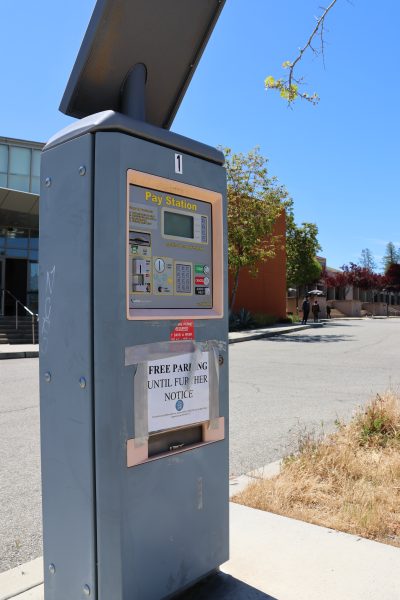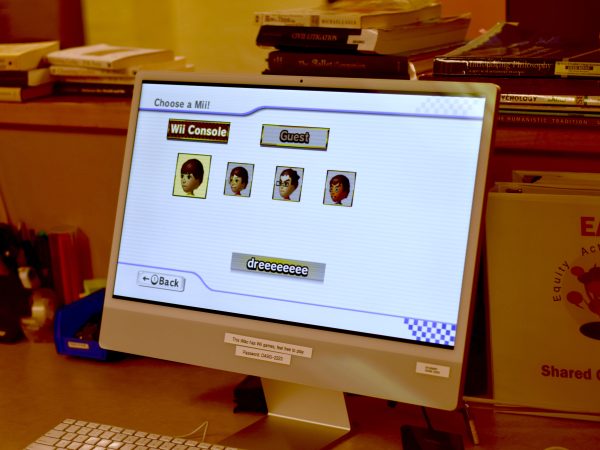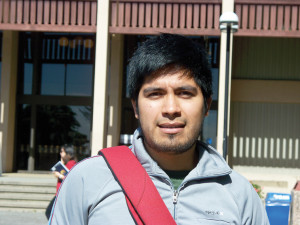State senate considers transferable online courses
June 12, 2013
Students who have been arduously wait-listing for their courses, may have an option to bypass those lines, should a contentious bill get passed.
SB 520 legislation would allow students in the UC, CSU, and CCC systems to obtain credit for faculty approved high-demand, lower-division online courses. The courses will be created out of public or private partnerships that could be shared among all three systems.
With continual faculty resistance to the bill, the legislation has been amended several times. The current revision on May 28 was passed in senate with a 28-0 vote.
According to opposition letters from CSU and UC administration, resistance stems from apprehension of the private partnerships and diminishing educational standards.
In a recording of the California senate meeting on May 30, Democratic Senator Darrel Steinberg defends his bill and said that the SB520 intends to provide a state-wide framework that will allow the three higher education system to consider approving online courses that are either public-public partnership or public-private partnerships. Such provision will provide students a way to access the classes they need, and help students graduate in a timely manner.
“We know what the consequences are of those waitlist,” said Steinberg. “Students have to incur more debt, take longer to finish college, and have that start in life held back.”
According to an opposition letter drafted by Diana Guerin, Chair of Academic Senate of the California State University, CSU faculties have serious concerns that encouraging high school and lower division students into online courses of study will put these particular students who may require remedial education at greater risk for failure.
Guerin emphasized that online courses do not provide student personal connection to the campus and to faculty that are crucial to retention and degree completion.
“Research demonstrates that we should be doing more of what we already do to ensure students success, rather than adopting strategies that, studies show, run counter to student success for the very population of students targeted by SB520,” Guerin wrote.
UC faculty has been notably vocal about their opposition to the original text of SB520, circulating a petition that has garnered more than 1000 signatures.
“While we appreciate the senator’s efforts to amend the bill, the changes that have been made don’t address our main concerns, particularly the use of private, for-profit providers” said Shelly Meron, Media Specialist at the University of California Office of the President.
Meron said that online instruction at UC is already in use. With UC Innovative Learning Technology Initiative (ILTI), which they think is a better approach to serve their students, more online courses will be developed that can broaden course access and supplement classroom instruction.
For students caught in the middle of the dispute, they share similar concerns about the possible ramification of the bill, but prefer to have the option to choose.
“The arguments are not diametrically opposed, but they’re also not exactly easily resolvable,” Craig Eades said. “[Online course] would be my less preferred choice, but I think most people would like to have the option of how to take their courses.”
While traditional classroom environment is still the preferred learning context for most students, George Sanchez, film production major, said he has “no qualms with the bill given the parameters.”
“At the end of the day, it’s the choices of the students,” Sanchez said.
Peter Chan, a marketing management students said for the sake of ending the dispute, he would approve the bill, because “one thing that is worse than getting subpar education is not getting your degree on time and losing money while you’re waiting in school.”
With continual statewide faculty opposition, student may just have to continue to persevere through the wait.
As previously reported, president of the Academic Senate at De Anza College, Karen Chow, said that educators reject the idea of unmodifiable contents created without involving faculty consultation. However, Chow said that the latest revision to the bill looks more promising as it creates an incentive program rather than mandated partnership for course creation.
“I think it’s safe to say that faculty supports student success. Of course, if there’s a problem of student access to classes, faculty would like to do as much to alleviate that problem” said Karen Chow, president of the Academic Senate at De Anza College.
The CCC governmental relations staff are in the process of reviewing and analyzing the amendment, and do not have a position on the new bill at this point, said Paige Marlett-Dorr, Director of Communications of California Community Colleges.



